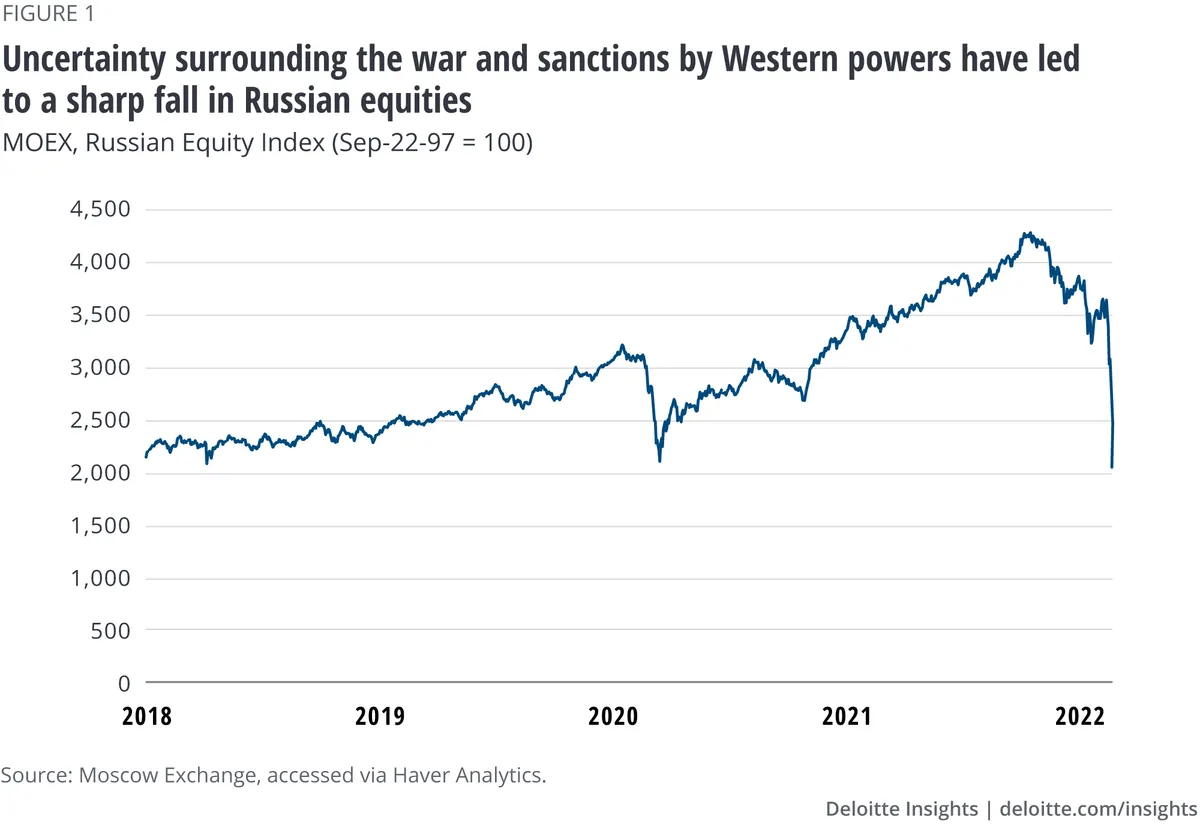Economic Warfare: The Double-Edged Sword of Global Sanctions
Stephanie Baker's "Punishing Putin" explores the complexities of economic sanctions against Russia, revealing their limitations and unintended consequences in the ongoing geopolitical struggle.

Economic warfare has been a tool of statecraft for millennia, with its roots tracing back to ancient Greece. In 432 B.C., Athens imposed a trade embargo on Megara, an event some scholars believe sparked the Peloponnesian War. This historical precedent set the stage for the modern era of economic sanctions, which have become increasingly sophisticated and far-reaching.
Stephanie Baker's new book, "Punishing Putin: Inside the Global Economic War to Bring Down Russia," offers a comprehensive analysis of the West's recent efforts to leverage economic power against Vladimir Putin's regime. Published in September 2024, Baker's work draws on her extensive experience covering Russia for Bloomberg, providing readers with a detailed account of the sanctions campaign following the February 2022 invasion of Ukraine.
The book highlights the complexities and challenges of using economic tools as weapons in international conflicts. Despite the unprecedented scale of sanctions imposed on Russia, their effectiveness remains questionable. Two and a half years after the invasion, Russia's energy revenues continue to support its military operations, and efforts to isolate Putin's oligarchs have largely backfired, driving them closer to the Kremlin.

Baker's narrative is rich with colorful details, from sanctioned superyachts to shadowy financial networks. However, it also provides a sober analysis of the delicate balance required when deploying economic sanctions. The decision to freeze over $300 billion in Russian central bank holdings, for instance, carried significant risks to global financial stability.
The book underscores the growing importance of economic warfare in great power competition. As Daleep Singh, a key architect of the Biden administration's sanctions strategy, notes, future conflicts are more likely to play out through economic channels rather than military ones. This shift is particularly relevant in the context of U.S.-China relations, where tensions over trade, technology, and resources are escalating.
"We don't want that conflict to play out through military channels, so it's more likely to play out through the weaponization of economic tools—sanctions, export controls, tariffs, price caps, investment restrictions."
Baker's work also reveals the institutional challenges facing those tasked with implementing sanctions. The Office of Foreign Assets Control (OFAC) and the Bureau of Industry and Security (BIS), key agencies responsible for enforcing U.S. sanctions and export controls, are understaffed and underfunded relative to their expanding mandates.
The author's access to key figures in the sanctions effort provides valuable insights into the decision-making processes behind these economic measures. From the complexities of the oil price cap to the challenges of seizing oligarch assets, Baker offers a nuanced view of the sanctions landscape.
While "Punishing Putin" focuses on Russia, it also serves as a cautionary tale for future economic conflicts. The book raises important questions about the long-term consequences of weaponizing financial systems and the potential for unintended outcomes.
As the economic war against Russia continues, Baker's work suggests that greater enforcement and coordination will be crucial for sanctions to achieve their intended effects. However, the author also acknowledges that as long as Putin remains in power, this economic struggle is likely to persist, shaping the contours of global geopolitics for years to come.


































